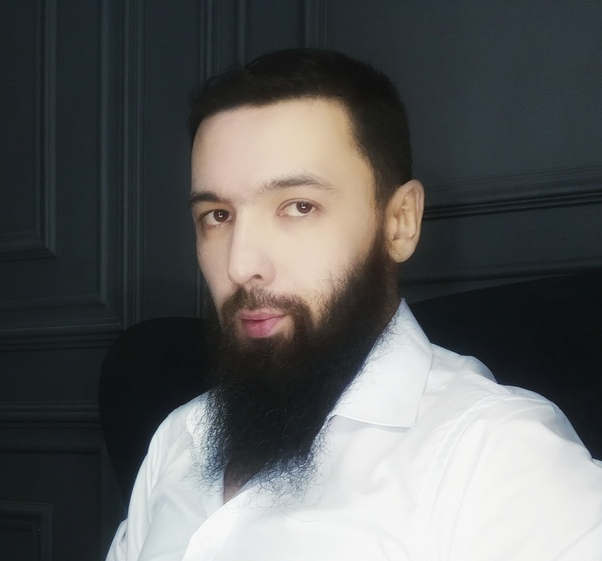
In today’s world, health is increasingly treated as a purely physical affair. Hospitals, pills, surgeries, and therapies dominate the conversation. But in Islamic tradition, health has always been understood as something far deeper—intertwined with one’s spiritual state, one’s relationship with Allah, and the unseen forces that may influence the body. This is where ruqyah comes in: a divinely sanctioned means of healing both the body and the soul.
Understanding Ruqyah’s Function
Ruqyah is the recitation of Qur’anic verses, authentic supplications, and names of Allah for the purpose of seeking protection and healing. It is not superstition. It is not magic. It is a form of Shari’ah-compliant spiritual medicine.
The Prophet Muhammad (peace be upon him) himself performed ruqyah and permitted it as long as it didn’t involve shirk (associating partners with Allah). When one of the companions was bitten by a scorpion, another companion recited Surah Al-Fatiha over him—and he was cured. The Prophet (pbuh) approved, saying, “How did you know it was a ruqyah?”
That approval continues to echo today. Ruqyah is not only for cases of jinn possession or black magic, but also for those suffering from physical ailments whose causes may be either physical or spiritual—or both.
The Hidden Spiritual Roots of Illness
Modern medicine often fails to recognize what Islam teaches clearly: that some diseases, fatigue, and chronic pain may have unseen causes—envy (hasad), the evil eye (ayn), or even spiritual blockages due to sins and distance from dhikr (remembrance of Allah).
It is not uncommon to find people who have gone from doctor to doctor, clinic to clinic, only to be told that nothing is physically wrong with them—yet they continue to suffer. They can’t sleep, they lose weight, feel weak, or are constantly anxious. In many of these cases, spiritual ailments are manifesting as physical distress.
This is where ruqyah brings clarity and relief.
Ruqyah as a Source of Holistic Healing
When done properly, ruqyah can restore balance to the heart, mind, and body. Here’s how it supports health:
1. Cleansing the Heart and Mind
Qur’anic recitation is known to bring immense inner peace. When a person is consistently reading or listening to verses of healing—such as Surah Al-Fatiha, Ayat Al-Kursi, Surah Al-Ikhlas, Al-Falaq, and An-Naas—they begin to experience a mental and emotional purification. Many report feeling lighter, calmer, and less burdened. This mental calm then affects the entire nervous system, which directly impacts physical health.
2. Neutralizing Harmful Forces
If an illness is being worsened by the evil eye, envy, or jinn interference, ruqyah directly targets those influences. Reciting ruqyah consistently can repel harmful forces and reverse the damage they’ve caused, leading to actual physical recovery. The Prophet (pbuh) said, “The evil eye is real…” and instructed the use of ruqyah to counter it.
3. Reviving the Immune System through Faith
The connection between the mind and immune system is well-documented, even in modern psychology. A believer who turns to Allah, makes du’a, engages in ruqyah, and strengthens their tawakkul (reliance on Allah), activates their inner strength. This helps the body repair itself more efficiently.
4. Healing through Sincere Tawbah (Repentance)
Sometimes, persistent illness is a wake-up call from Allah. It is a mercy. Ruqyah is not just about reciting verses but also about returning to Allah with humility. Repenting from sins, making sincere du’a, and correcting one’s life path can unlock healing that doctors never could provide.
How to Use Ruqyah for Health
A basic ruqyah routine for health might include:
- Morning & Evening Adhkar (from the Sunnah)
- Surah Al-Fatiha repeated 7 times
- Ayat Al-Kursi
- Surah Al-Ikhlas, Al-Falaq, An-Naas (3 times each)
- Blowing into water and drinking it
- Reciting over olive oil and applying it to the body
- Placing the hand on painful areas and saying: “Bismillah” 3 times followed by: “A’udhu bi ‘izzatillahi wa qudratihi min sharri ma ajidu wa uhadhir” (7 times)
Consistency is key. Ruqyah is not a magical switch—it is a process of spiritual detox. The more pure the heart, the faster the results.
Important Note
Ruqyah is not a replacement for medical treatment. The Prophet (pbuh) said, “Make use of medical treatment, for Allah has not made a disease without appointing a remedy for it…” Ruqyah complements medicine and fills the spiritual void that medicine often cannot.
Final Thoughts
Ruqyah is a forgotten key in the search for health. It reconnects the ailing body to the One who created it. In a time when people are desperate for answers—especially when modern solutions fail—ruqyah revives hope. It is a tool of submission, faith, and healing. It reminds us that real strength doesn’t come from pills or hospitals, but from the Qur’an, du’a, and the mercy of Allah.

